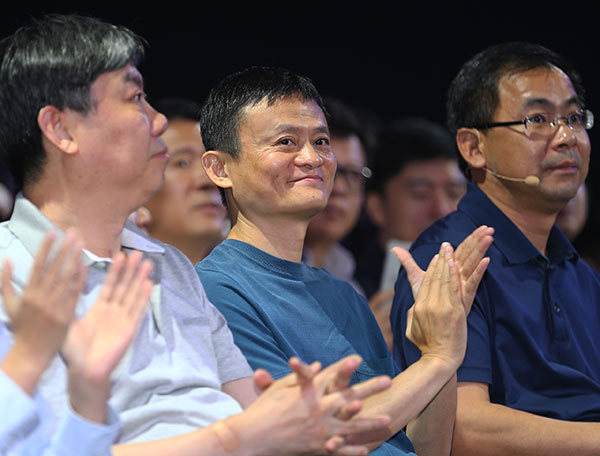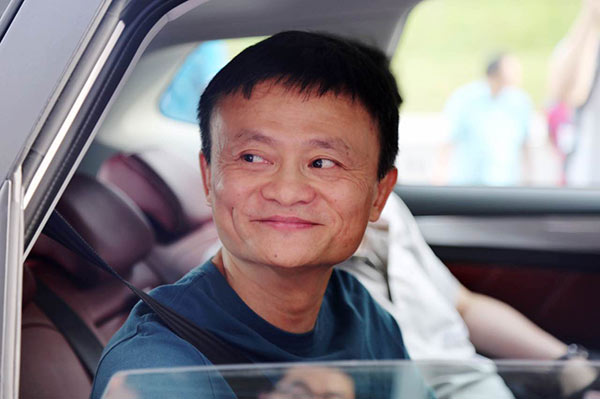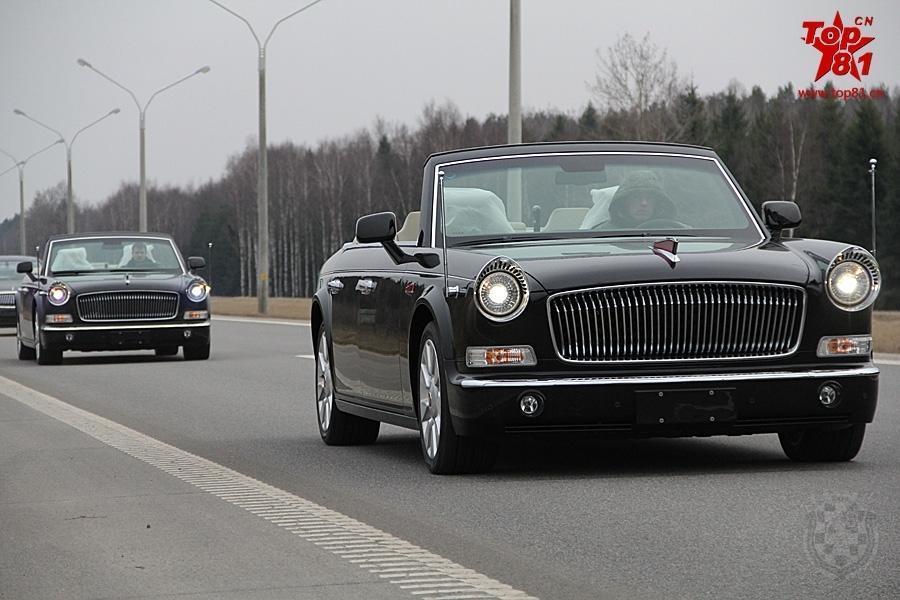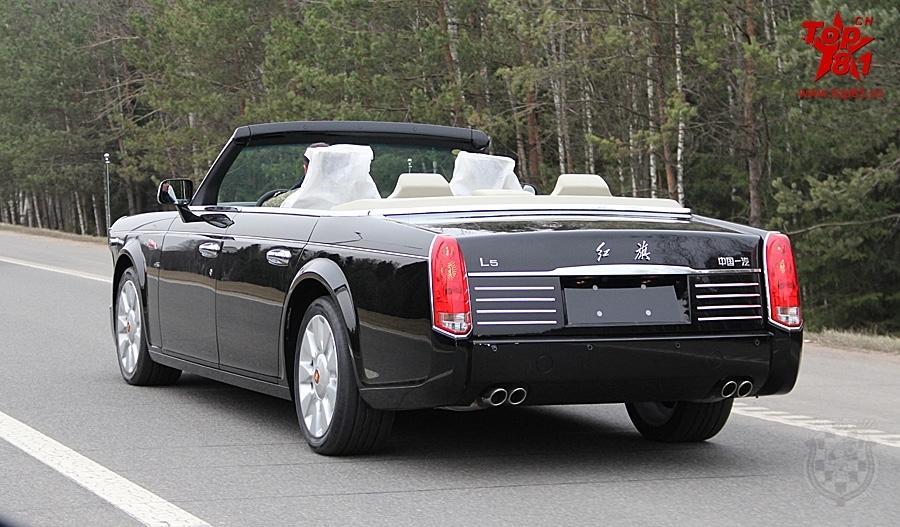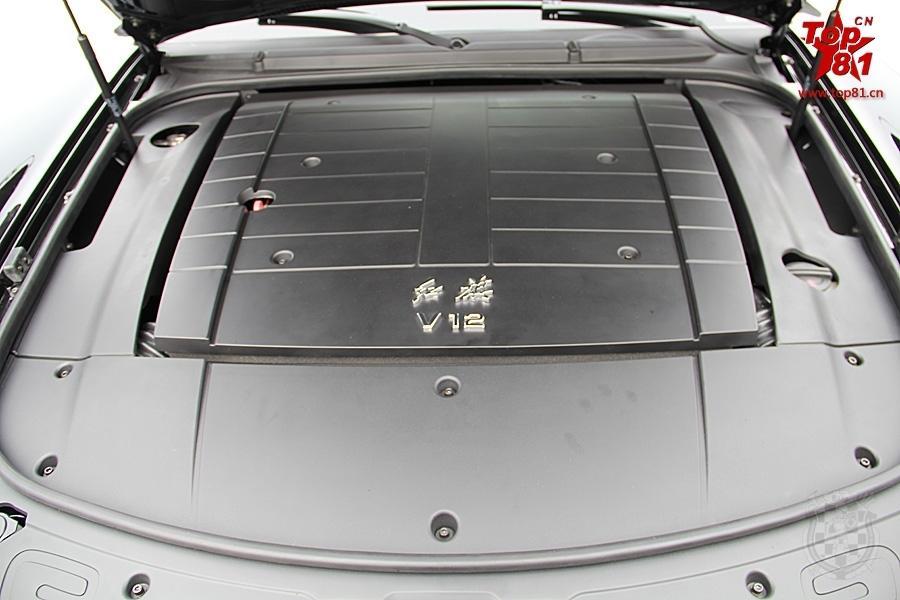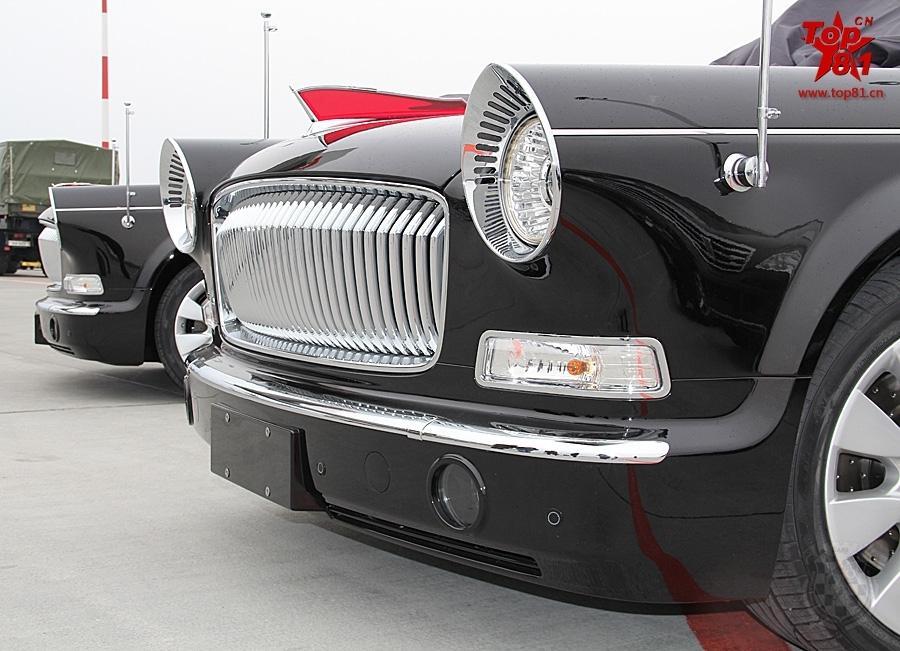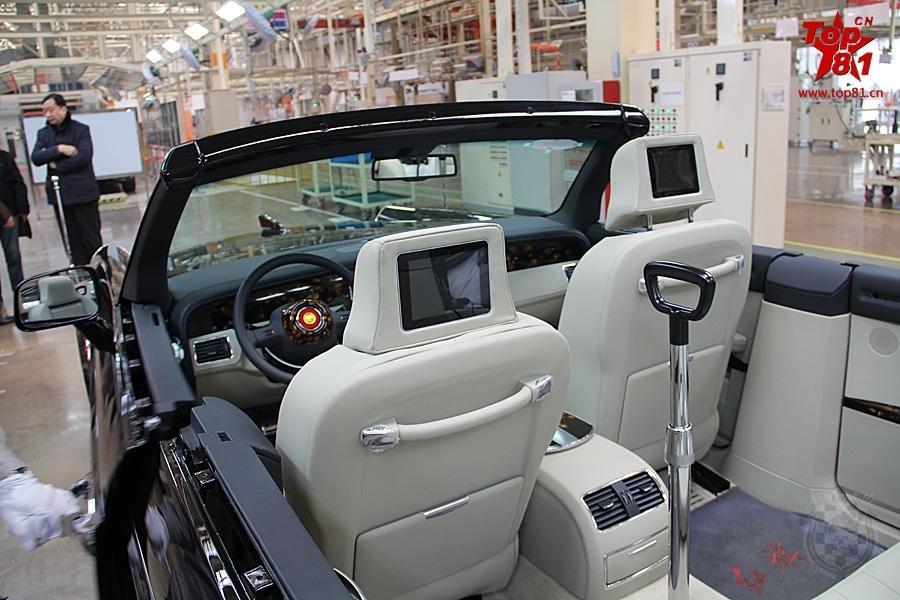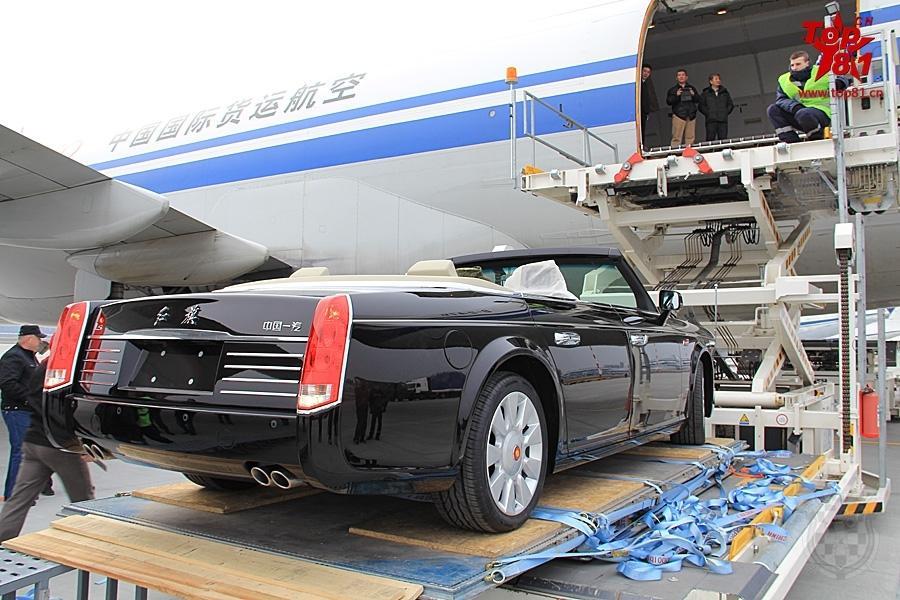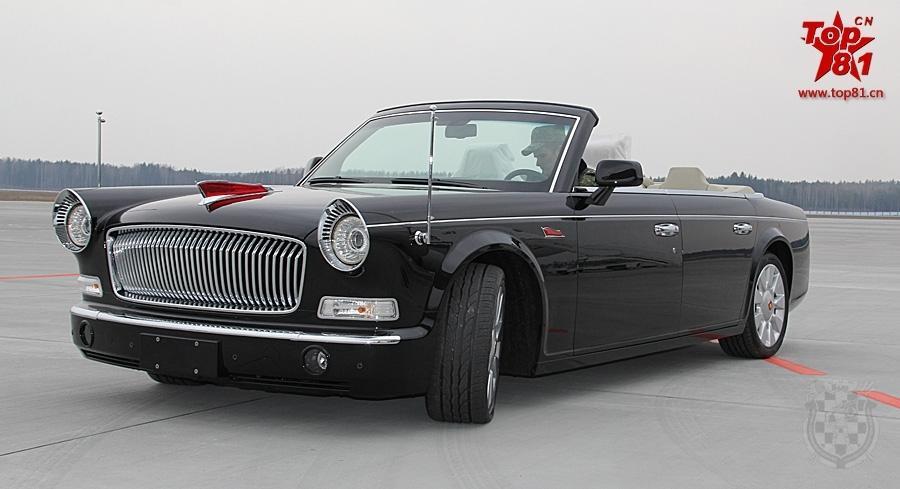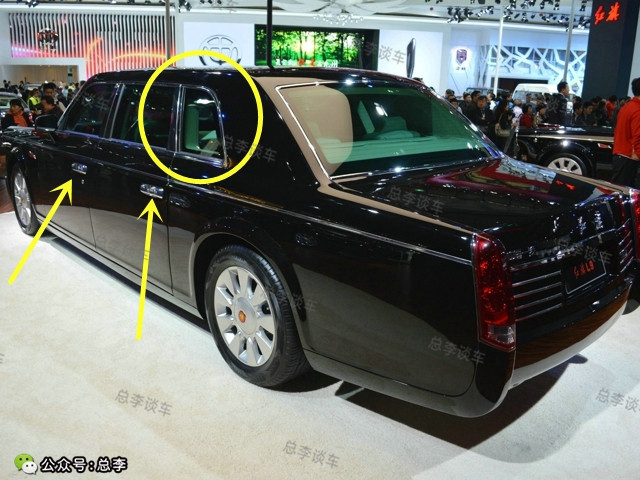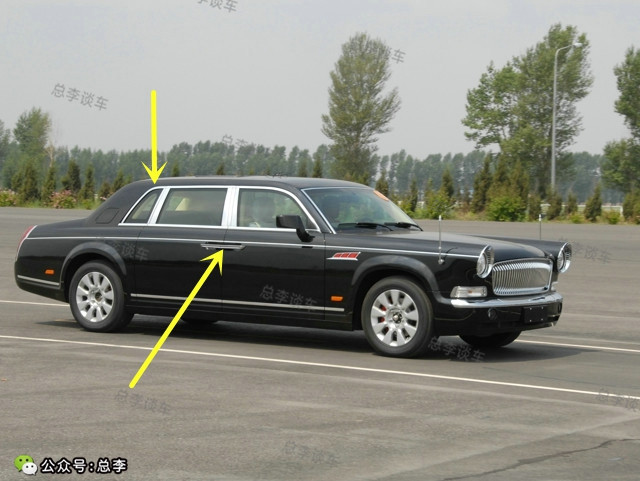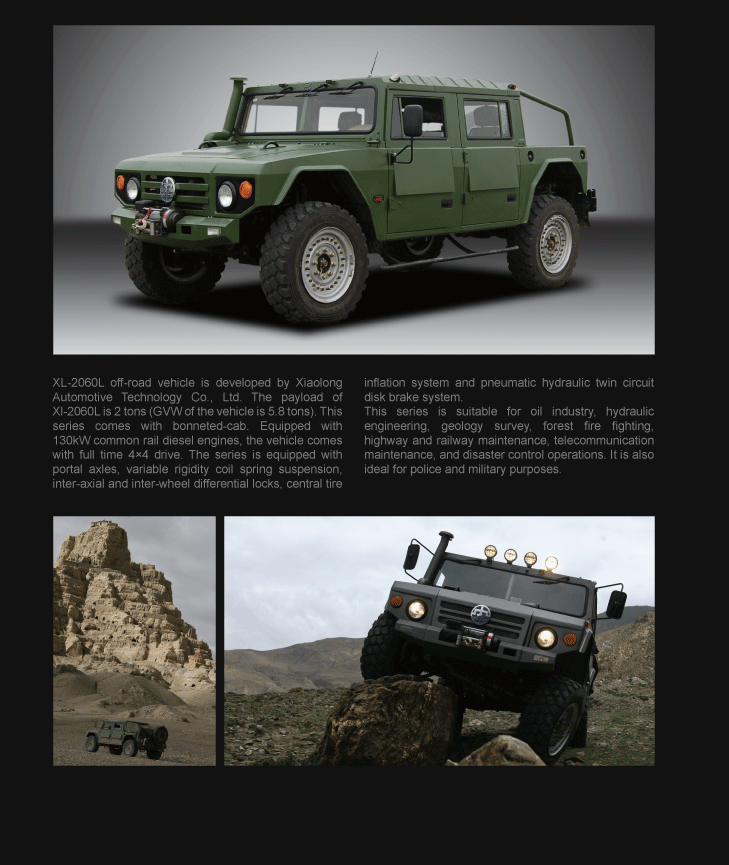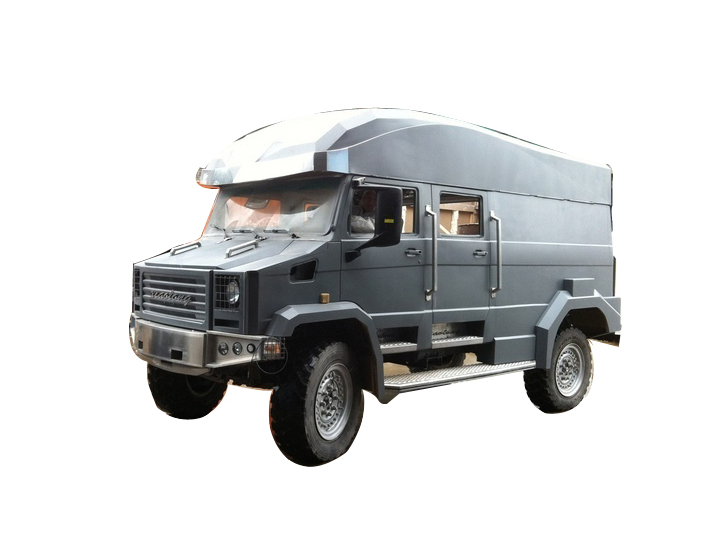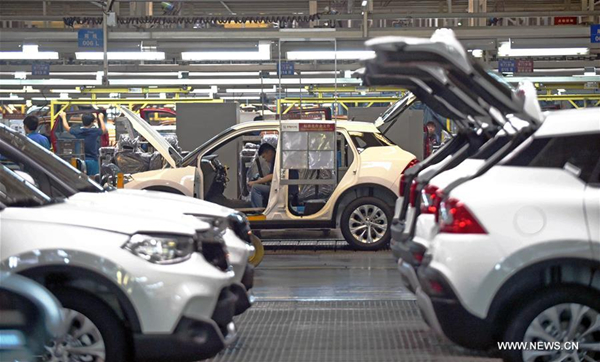Hamartia Antidote
ELITE MEMBER

- Joined
- Nov 17, 2013
- Messages
- 35,183
- Reaction score
- 30
- Country
- Location
Top 100 listed here:
http://focus2move.com/best-selling-cars-models-in-china/
1 1 Hongguang 252.357 286.258 -11,8%
2 2 Volkswagen Lavida 243.769 206.273 18,2%
3 4 Haval H6 202.706 148.548 36,5%
4 Baojun 560 156.527 –
5 3 Hyundai Elantra 143.685 152.366 -5,7%
6 8 Volkswagen Sagitar 143.403 118.595 20,9%
7 7 Volkswagen Jetta 140.758 130.914 7,5%
8 24 Buick Excelle GT 137.186 85.000 61,4%
9 14 Toyota Corolla 135.853 108.612 25,1%
10 5 Baojun 730 126.935 136.535 -7,0%
11 6 Volkswagen Santana 125.369 133.625 -6,2%
12 255 GAC Trumpchi GS4 124.675 6.581 1794,5%
13 9 Nissan Sylphy 113.561 117.680 -3,5%
14 11 Foton Light Truck 107.263 116.288 -7,8%
15 20 Ford Escort 106.320 89.173 19,2%
16 26 Wuling Mini-truck 99.755 82.403 21,1%
17 50 Buick Envision 95.796 52.400 82,8%
18 13 Volkswagen Tiguan 95.616 109.090 -12,4%
19 21 Geely EC7 89.990 89.118 1,0%
20 35 ChangAn CS75 88.231 71.229 23,9%
21 18 Chevrolet Cruze 87.450 99.323 -12,0%
22 37 Dongfeng Fengguang 330/370 86.236 69.317 24,4%
23 30 JAC Refine S3 86.186 78.695 9,5%
24 16 Wuling Hongguang V 83.191 103.539 -19,7%
25 10 Ford Focus 82.840 117.248 -29,3%
Showing 1 to 25 of 100 entries
PreviousNext
http://focus2move.com/best-selling-cars-models-in-china/
1 1 Hongguang 252.357 286.258 -11,8%
2 2 Volkswagen Lavida 243.769 206.273 18,2%
3 4 Haval H6 202.706 148.548 36,5%
4 Baojun 560 156.527 –
5 3 Hyundai Elantra 143.685 152.366 -5,7%
6 8 Volkswagen Sagitar 143.403 118.595 20,9%
7 7 Volkswagen Jetta 140.758 130.914 7,5%
8 24 Buick Excelle GT 137.186 85.000 61,4%
9 14 Toyota Corolla 135.853 108.612 25,1%
10 5 Baojun 730 126.935 136.535 -7,0%
11 6 Volkswagen Santana 125.369 133.625 -6,2%
12 255 GAC Trumpchi GS4 124.675 6.581 1794,5%
13 9 Nissan Sylphy 113.561 117.680 -3,5%
14 11 Foton Light Truck 107.263 116.288 -7,8%
15 20 Ford Escort 106.320 89.173 19,2%
16 26 Wuling Mini-truck 99.755 82.403 21,1%
17 50 Buick Envision 95.796 52.400 82,8%
18 13 Volkswagen Tiguan 95.616 109.090 -12,4%
19 21 Geely EC7 89.990 89.118 1,0%
20 35 ChangAn CS75 88.231 71.229 23,9%
21 18 Chevrolet Cruze 87.450 99.323 -12,0%
22 37 Dongfeng Fengguang 330/370 86.236 69.317 24,4%
23 30 JAC Refine S3 86.186 78.695 9,5%
24 16 Wuling Hongguang V 83.191 103.539 -19,7%
25 10 Ford Focus 82.840 117.248 -29,3%
Showing 1 to 25 of 100 entries
PreviousNext


 Is it really worth it in the longer term?
Is it really worth it in the longer term?
